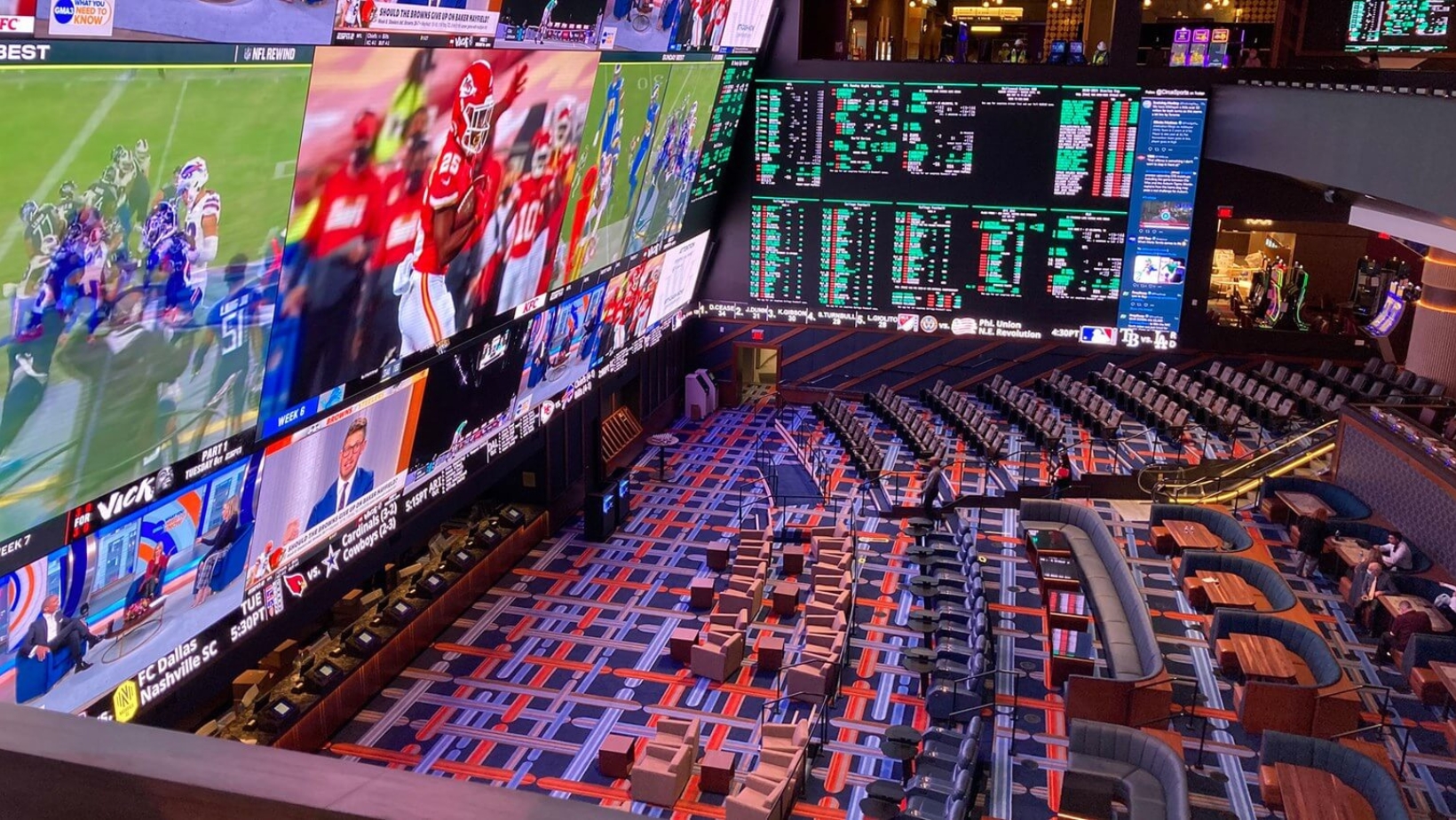Big sporting events have long been an integral part of global culture. It attracted millions of spectators and generated substantial economic activity. The situation hasn’t changed. And there are many good reasons for that. One of the most exciting features of sports betting is the thriving online sports betting industry that revolves around these events. Major sporting events generate a rise in betting that has far-reaching economic repercussions. Looking for more details? Keep reading this article — we will dive deep into how these events affect betting markets and the greater economy.
Significant Betting Activity Boost
Betting activity spikes significantly during major sporting events. For example, the Super Bowl alone draws billions of dollars in wagers each year. And there are a couple of things that make this happen:
- Major events receive extensive media coverage. This leads to increased public interest and participation in betting. Fans often feel a stronger emotional connection to these events and place more bets. On top of that, betting companies often offer special promotions and bonuses to attract new bettors during these events.
- Sports fans get a chance to support their favorite clubs and athletes. Even if they do not bet every day, they wait for the big day (and a special tournament to happen) in order to place a bet.
Increased online betting India activity generates more money for betting organizations, which has a knock-on impact on the economy.
Revenue Generation and Economic Contribution
The betting sector makes a substantial contribution to the economy by paying taxes and creating jobs. During important sporting events, an inflow of bets raises betting organizations’ income, resulting in larger tax payments. Sports betting is subject to state taxes in the United States. It helps to pay for public services and infrastructure.

Furthermore, the betting business generates employment in a variety of fields, including technology, customer service, and marketing. The increase in activity during important events often involves temporary hiring and longer working hours, which contribute to employment and economic stability.
The Multiplier Effect
The economic effect of betting on important sporting events goes beyond the betting businesses. This process is known as the “multiplier effect,” in which initial expenditure stimulates economic activity in linked industries. This interwoven network of economic activity highlights sports betting’s overall economic effect.
Betting Markets and Economic Indicators
Betting markets are regularly used as informal economic indicators. The odds and betting volumes may reveal information about popular opinion and expectations. For example, an increase in betting on a certain team or athlete may imply high public confidence, which might impact other market behaviors.
Furthermore, the success of betting stocks may reflect wider economic developments. During significant sporting events, the stocks of sports betting businesses see heightened trading volumes and price swings. Analysts and investors constantly monitor these fluctuations to determine market mood and economic circumstances.
Economic Impact of Regulations
The regulation of sports betting has a significant economic effect. The economic advantages are more obvious in countries that have legalized and regulated sports betting. Regulation fosters fair competition, protects consumers, and establishes a framework for taxes and revenue creation. The more actively people place bets at https://india1xbet.in/en/allgamesentrance/thimbles, the more benefit it brings to the local economy.

In contrast, if sports betting is unlawful or poorly controlled, the economic advantages are reduced, while the dangers of criminal activity and fraud increase. Effective regulation is consequently required to maximize the economic effect of sports betting.
Let’s Wrap It Up!
Major sporting events have a significant economic influence on the betting markets and the overall economy. The increase in betting activity during major events provides considerable money for betting organizations, helps to raise tax revenues, and encourages economic activity in linked areas. However, the advantages must be weighed against responsible gambling policies in order to address the social and economic issues associated with problematic gambling. Effective regulation is critical for reaping economic advantages while maintaining a fair and safe betting environment.
As sports betting becomes more widespread, knowing its economic effect on big sporting events is critical for politicians, corporations, and bettors alike. By studying these implications, stakeholders may make more informed choices that promote economic development, protect consumers, and improve the entire sports betting experience.

